Interview with professor Miyazawa
Interview with Professor Kae Miyazawa, Associate Professor at the Graduate School of Agricultural and Life Sciences of the University of Tokyo
Ms. Miyazawa, could you tell us something about your research background?
Well, I started my career (BSc) in the field of plant ecology at Tohoku University (Sendai, Japan). I was interested in conservational ecology. When I reached Master’s level in Canada (McGIll University, Montreal) I realized that we have to find a balance between nature and human interventions in the field of agriculture. After finishing my PhD at the University of Tokyo, I started to work for a national institute (National Agriculture and Food Research Organization) in Japan as a soil and crop researcher in Fukushima branch, which was working on making agriculture more sustainable. I came to the conclusion that if we talk about conservational agriculture we have to integrate human (inter-) actions with nature. At the moment I also conduct research on inter-cropping and what we call “plant communication”.
How did the breakdown of Fukushima’s nuclear energy reactor and its impact on the environment and human health in Japan affect consumers’ behavior with regard to organic and healthy food in general?
Well, it depends. There is a group of people who became more aware of health risks and the value of healthy food. On the other hand, a very negative side effect of the nuclear accident in Fukushima was that many organic farmers in that region had to give up farming. People who buy organic food are, in general, more sensitive to the food safety issue, and their first reaction was to avoid any food from Fukushima.
Do you think that scientists can contribute to making human behaviour with regard to consumption patterns more sustainable?
In fact, this is my next research topic. Of course, consumers do know a lot about high environmental impact of conventional agriculture, meat production, overfishing etc. However, knowing is not acting and people do not take decisions based on knowledge and rational arguments only. People want to enjoy food, and it is not easy to change behaviour by just providing information. The key is to make sustainable consumption patterns more enjoyable, and attractive. In my team there are students dealing this issue from a social science perspective, and I would like to integrate their contribution to promote sustainable food production and consumption.
Is there a government’s policy to endorse sustainable food consumption, for example by promoting eating less meat, which has become popular in many European countries (“veggie day”)?
No, there is no such policy in Japan, as far as I know. The Government promotes balanced diets, and encourages elderly people to take more protein to maintain their health. People in Japan love to eat meat and fish and also think it is necessary to consume animal protein, so they will also make their children eat that. There is just not much awareness of this issue yet.
Ms. Miyazawa, you are one of the youngest and one of the few female professors at the University of Tokyo. So how do you feel being in this position?
I do not feel any disadvantages and do not have the impression that I am being treated differently in a negative sense by my colleagues. Most of all, I am simply so happy and appreciate a lot that I can be in this academic and education field. To be frank, I had difficult choices to make during my career after the accident in Fukushima on March 24, 2011, since my husband did not want to continue living in Fukushima . I was looking for another job and nearly gave up my career as a researcher. But then I received the offer to work at the University of Tokyo’s Faculty of Agriculture. I was so happy to accept it that to be honest I just count my professional blessings. I am happy to have a job where I can still spend time with my family.
So why are there not more women in professor positions at the University of Tokyo?
The statistics say that from the 2,400 professors and associate professors around 220 are female which means less than 10% (approximately the same rate as at Bonn University. The number of students and even doctoral students is quite even between men and women, but then there seems to be a real career gender gap in higher positions in academics.
I think the main reason is psychological. In fact, female students often perform much better than their male colleagues. But they have a lack of self-confidence. They think they cannot do it. This goes beyond the realm of academics. Of course, there are mentoring programs and at our university there is an office for Gender Equality. There even is an official quota of the university for female academic positions of 20% to be reached by 2020. At the moment we do not fulfil this. Another reason why women often do not pursue careers is the working environment in Japan which is quite rigid and does not allow flexibility when women get children and want to spend more time with them. I think as researchers we are in a better position, as we do at least have some flexibility.
What can be done for women to improve this situation at universities?
I think we have to offer more individual support for women at universities. Mentoring and counselling are really good starting points and strategies. I try to use my influence and training in these fields to support my female students in pursuing their careers.
What do you think are the main benefits of international exchange and cooperation programs such as IPADS-ZEF?
For the students it is really important to change and exchange perspectives, and the same applies to professors. In Japan teaching is not really considered as important for the academic career. When I was a student around 20 years ago I sometimes felt very bored during lectures because some professors did not know how to teach. The situation in Canada, where I did my Master’s, was completely different. Not only the teaching, but also the way professors interact with students and even each other are so different. So it is not so much the academic topics but more the way how academic knowledge is being shared and conveyed that makes international exchange programs such a valuable experience.
Professor Mizayawa, thank you for this interview.
The interview was conducted by Alma van der Veen
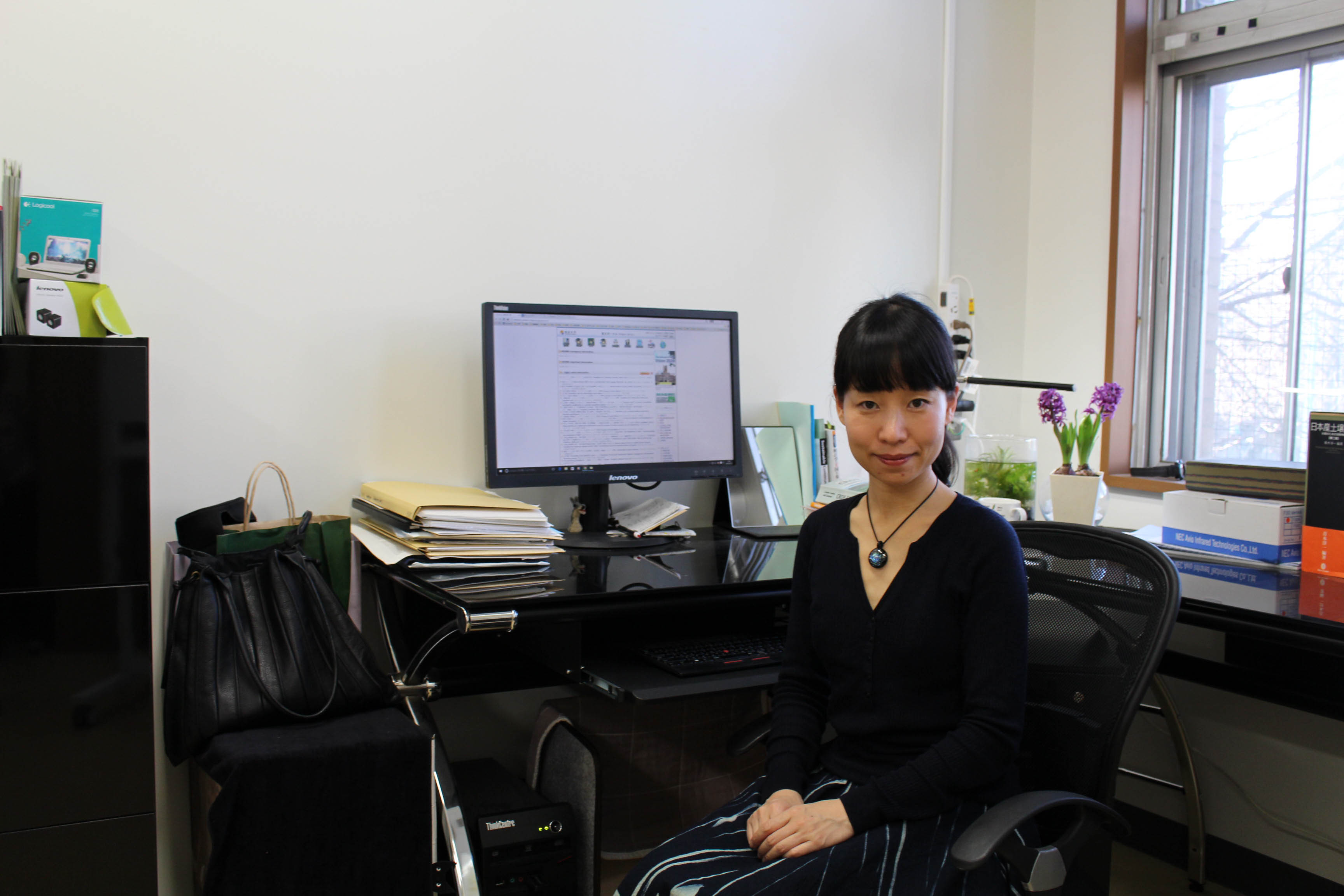
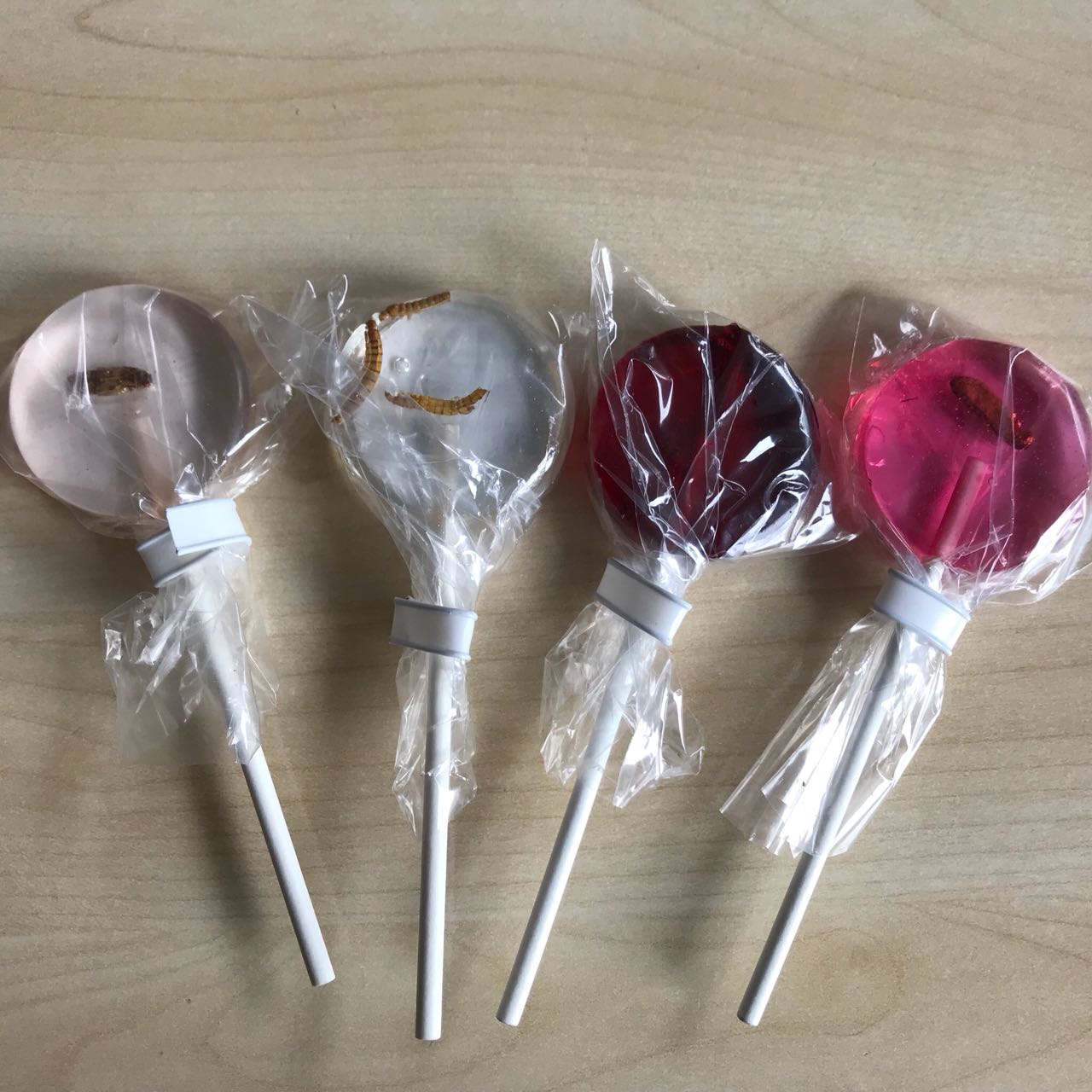

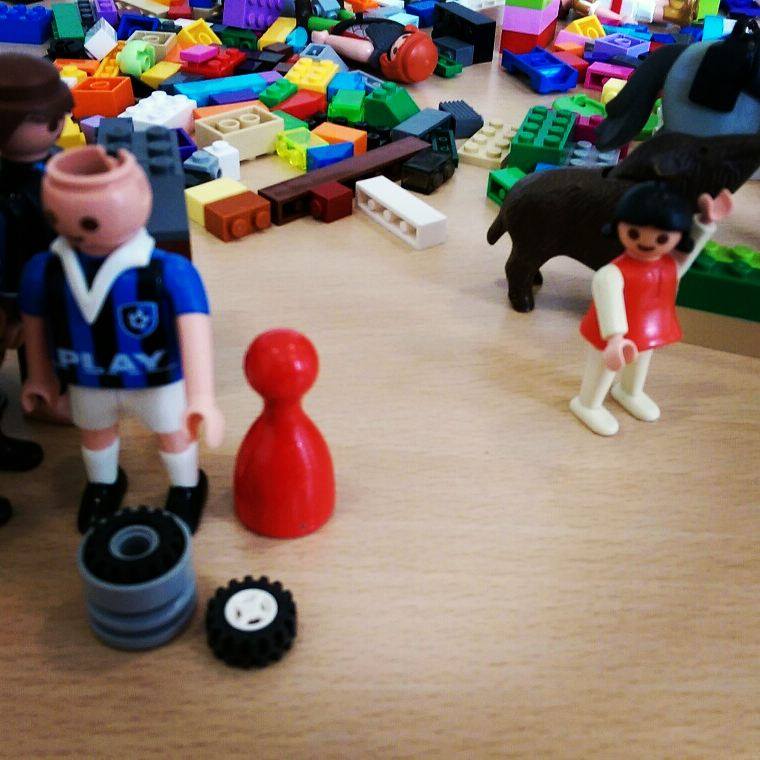
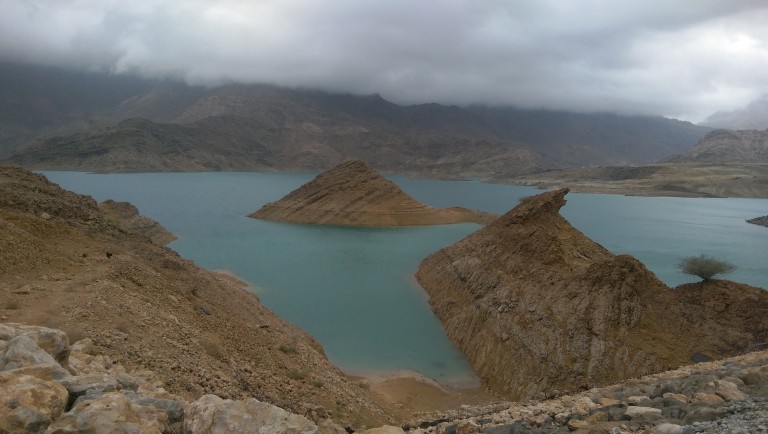

 Marwa’s visit to the spa was in line with her preparations to an exciting journey that she waiting…
Marwa’s visit to the spa was in line with her preparations to an exciting journey that she waiting…